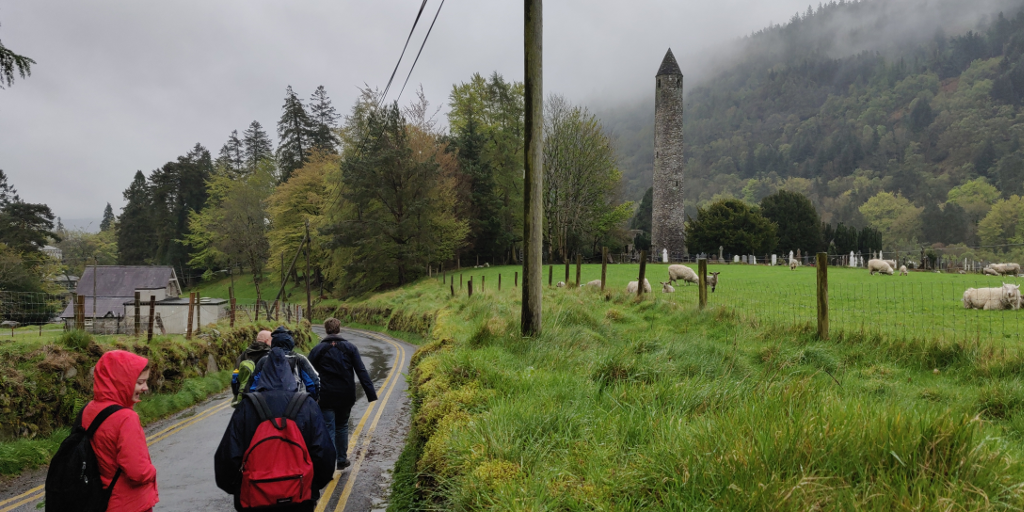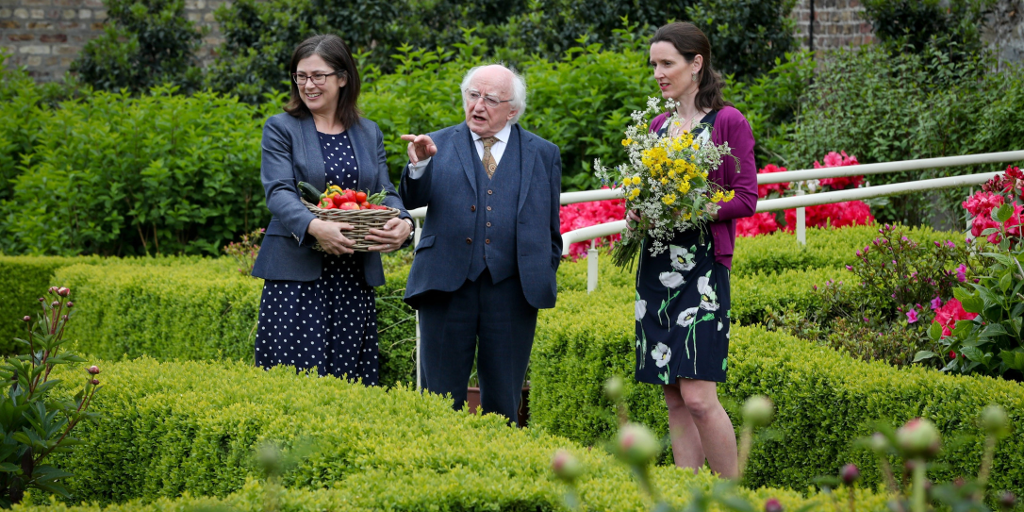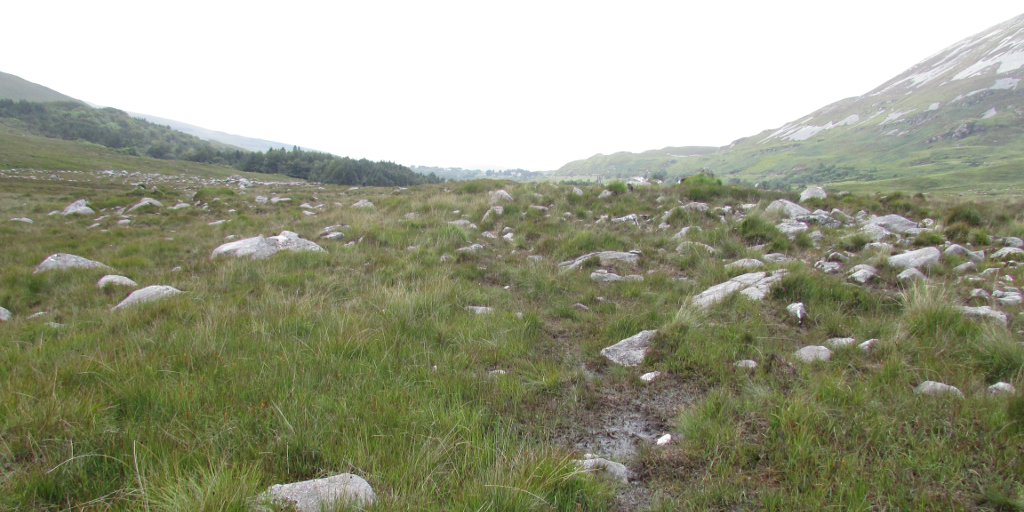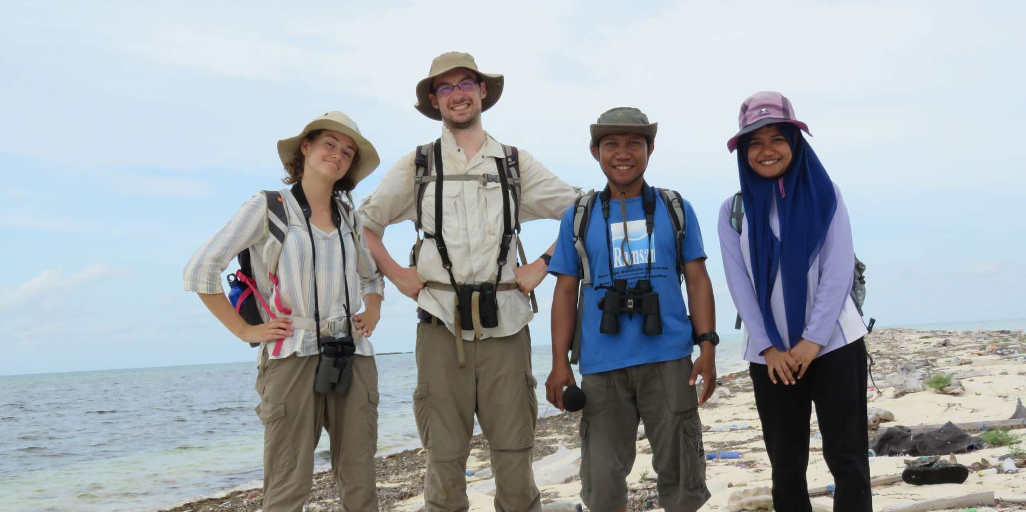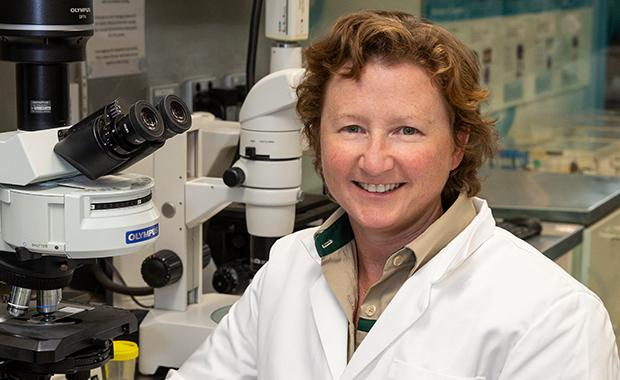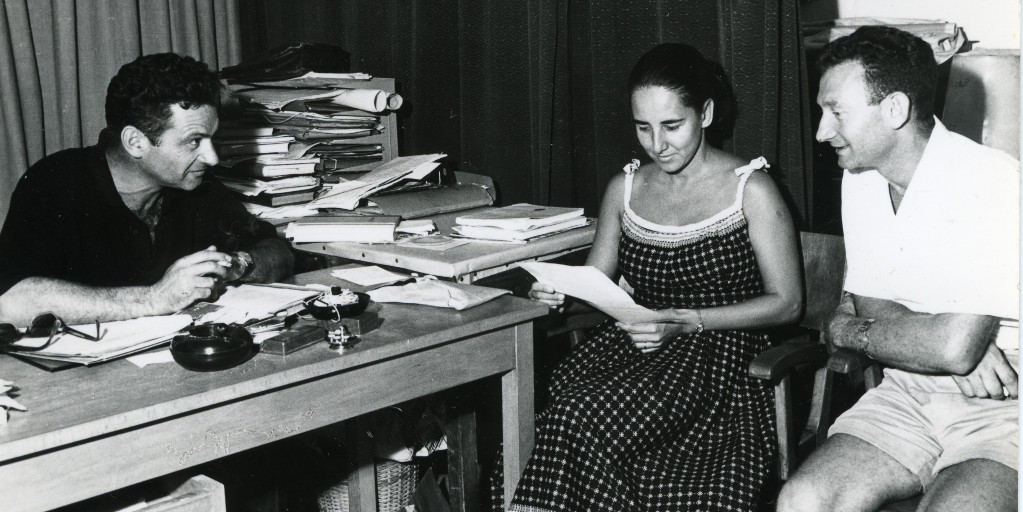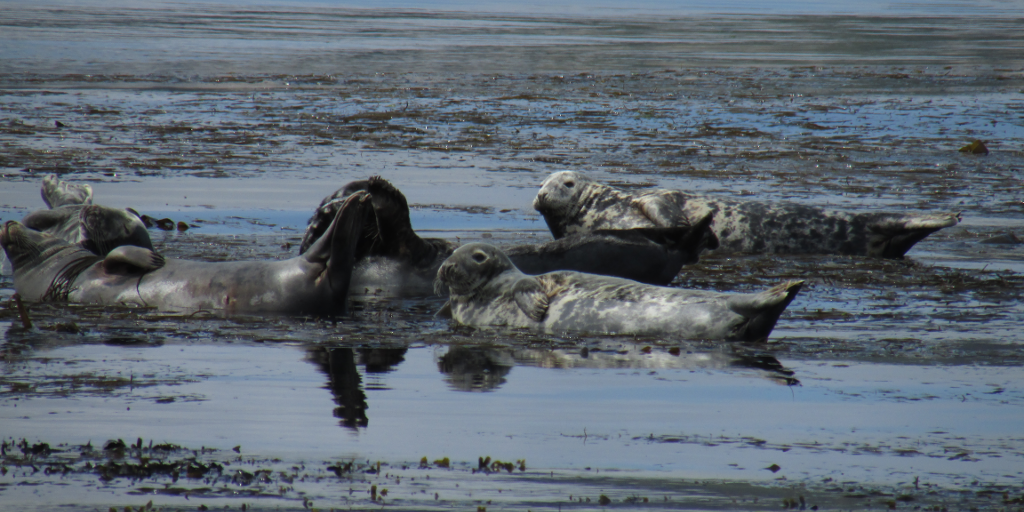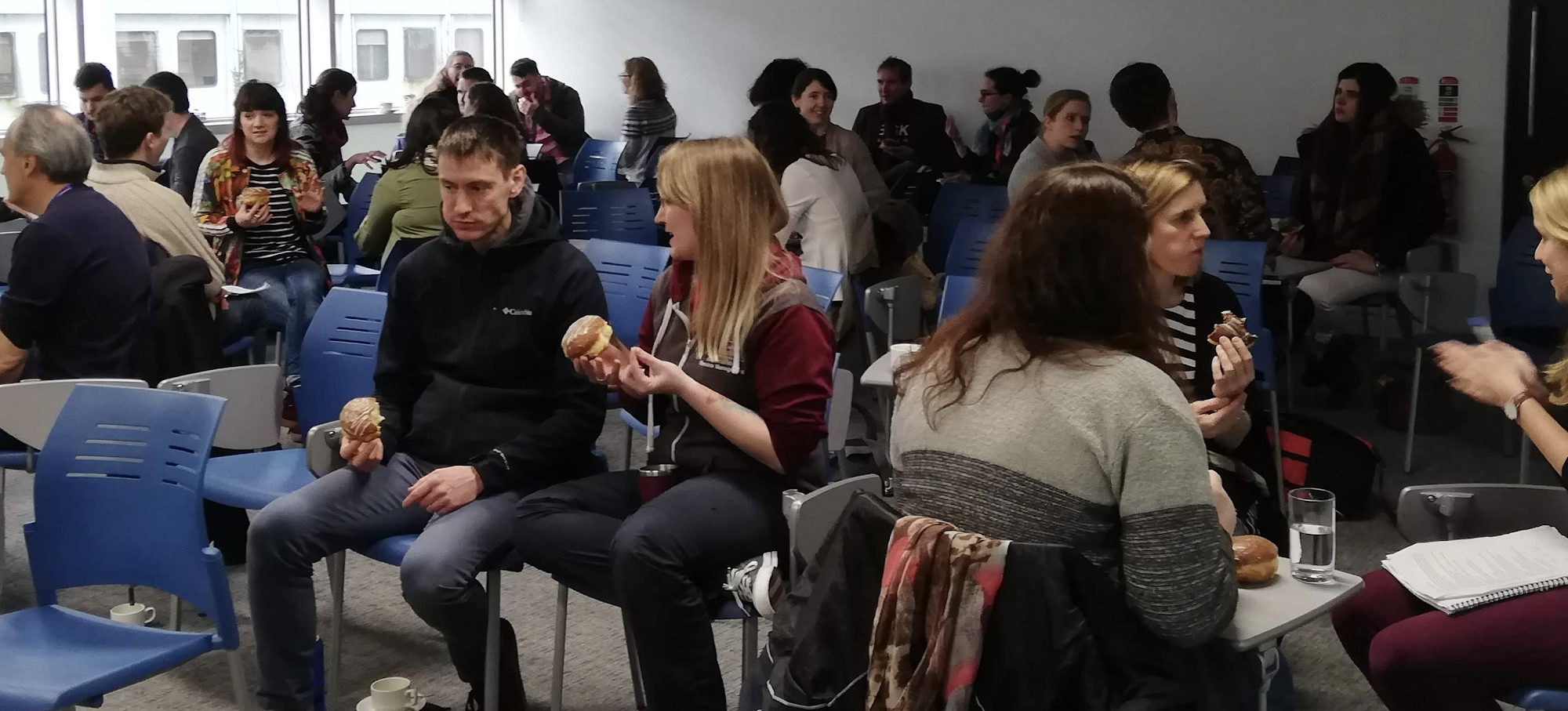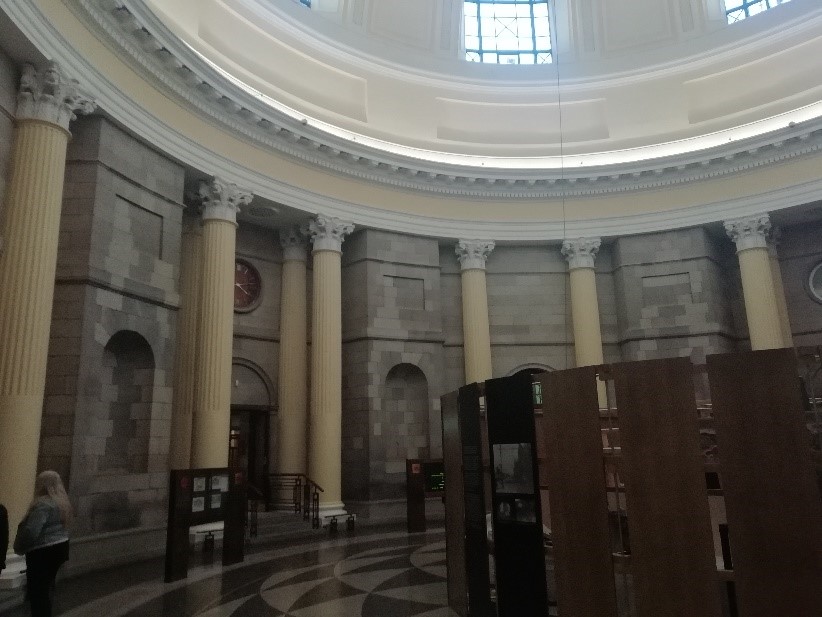I recently took part in the 3rd year Terrestrial Ecology field course in Glendalough. Though I already had some experience teaching both lab work and fieldwork, this was my first time being “staff” on a trip I had previously been on as a student. It was a wonderful experience. This field course is a venerable institution of the Zoology Department: it has taken place Glendalough every year since 2007, having previously been held in the Burren and Killarney National Park. It has always been beloved by students, as seen in this video made in 2016.
Zoology students in Trinity have the chance to take part in three field courses: Terrestrial Ecology in Glendalough, Marine Biology on the rich shores of Strangford Lough, and Tropical Ecology around the ancient Rift Valley Lakes of Kenya. Here, from enthusiastic and experienced teachers, they learn skills that will stand to them in any ecological undertaking. On the Glendalough field course, students of both Zoology and Environmental Science are introduced to the techniques used to sample and survey wild animals, including Longworth trapping for small mammals, malaise trapping for flying insects, kick-sampling for aquatic invertebrates, and mist netting for birds. This last one was what brought me on the course.
Continue reading “Fieldwork, and why students need it”
